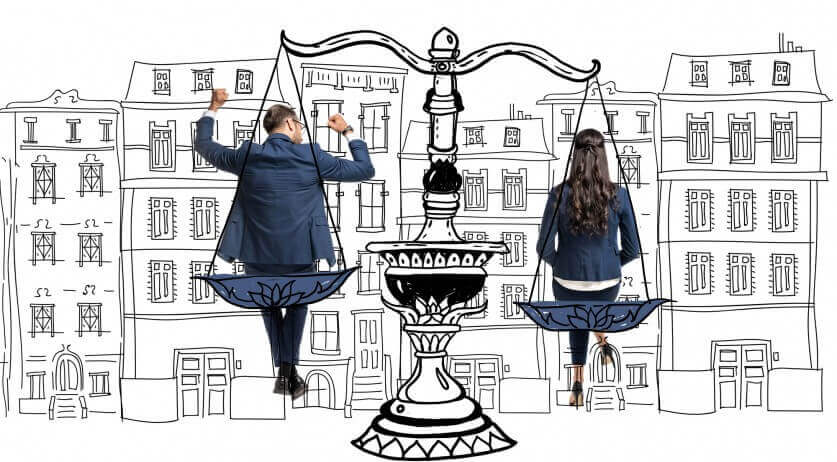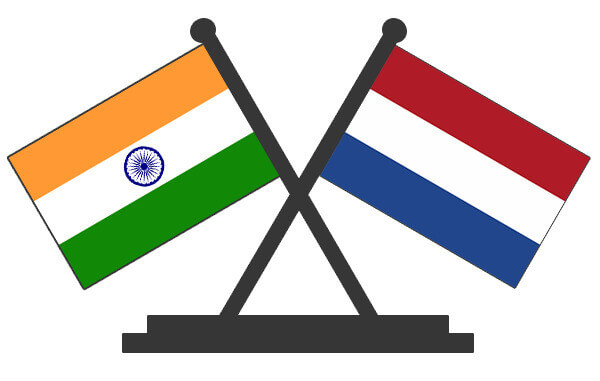In 2020, women earned 14 percent less per hour than men. This is partly because women more often work part-time and are less likely to hold a managerial position, Statistics Netherlands (CBS) reported. The male part of the workforce was also older and a bit higher educated on average. In 2008, the gender wage gap was still 20 percent.
The Netherlands is about in the middle of Europe regarding the gender wage gap. Luxembourg has less than 1 percent difference in hourly wages. In Romania, Slovenia, Italy, and Poland, it is less than 5 percent. The widest gap is in Latvia, where women earn 22 percent less than men.
On average, women in the Netherlands earn 34,000 euros. Men earn an average of 52,000 euros. This is partly due to women working part-time more often than men. Women’s average working week is 26.2 hours, while men work 35.4 hours per week on average.

Women started participating in the labor market much more over the past 45 years. In 1977 there were 223 working men against 100 working women. In 2020 there were 113 working men against 100 working women.
Statistics Netherlands published these figures on International Women’s Day. Trade union CNV believes this is a good reason for women to ask for a wage increase. According to chairman Piet Fortuin, this is necessary due to the high inflation. The tightness on the labor market also makes it “the right time to hit the table with your fist,” he said. “Many women currently have a very strong position. We call on them to take advantage of that.”
Reporting by ANP.














